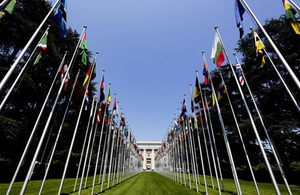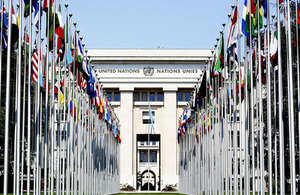Call for evidence on insolvency practitioner regulation
The government has launched a call for evidence and is seeking views on the impact of the regulatory objectives introduced for the insolvency profession in 2015.
Stakeholders are also being asked to assess whether there would be potential benefits in making changes to the current system, including establishing a single regulator for insolvency practitioners.
Responses are welcome from insolvency practitioners, Recognised Professional Bodies, trade bodies, creditors and their representatives, debt charities, and other interested parties.
Any proposals emerging from this call for evidence would be subject to further consultation.
Sarah Albon, Chief Executive of the Insolvency Service, said:
Insolvency is an important part of a dynamic economy and having an accountable and well regulated insolvency profession is absolutely vital to ensure creditors and members of the public have confidence in the system.
We welcome responses that can give us evidence on how the current system is working, including any suggestions stakeholders may have on how we can improve the regulatory framework.
The authorisation regime for IPs (insolvency practitioners) in Great Britain & Northern Ireland is set out in Part XIII of the Insolvency Act 1986.
Insolvency Practitioners are currently regulated by one of five Recognised Professional Bodies (RPBs):
- Association of Charted Certified Accountants (ACCA)
- Chartered Accountants Ireland (CAI)
- Insolvency Practitioner Association (IPA)
- Institute of Chartered Accountants England and Wales (ICAEW)
- Institute of Charted Accountants Scotland (ICAS)
The Insolvency Service’s Insolvency Practitioner Regulation Section (IPRS) acts as the oversight regulator of RPBs in Great Britain on behalf of the Secretary of State. IPRS monitors the regulatory activities of the RPB’s and the Insolvency Service’s Annual Review of Insolvency Practitioner Regulation provides a summary each year of the work undertaken.


